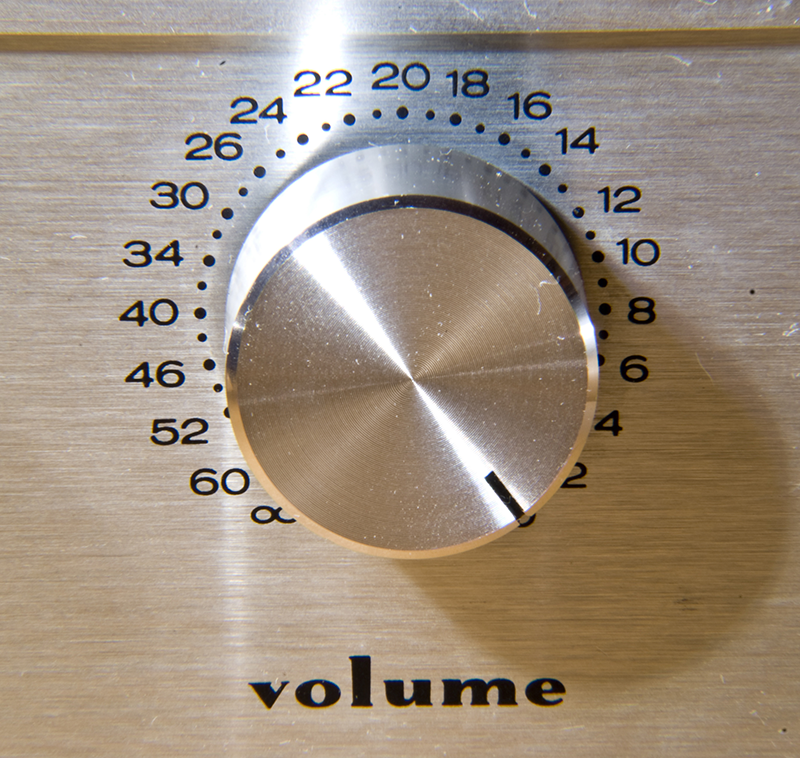The Covid-19 pandemic has strengthened ties between the NHS and the independent sector, but as providers gear up to bid for £10bn of waiting list contracts, questions remain over the future of existing arrangements
While independent sector providers have always played a key role in supporting the NHS, these public/private partnerships have tended to ebb and flow along with political trends and ever-changing NHS policy. Looking back at the initial outbreak of the coronavirus pandemic, it’s clear that the last few months have represented a high watermark in terms of joint working between the independent sector and NHS, showing the strength of the health system when all parts work together. But looking ahead to the next year it’s clear
that these closer ties will be no flash in the pan and could indeed usher in a new era of ever closer NHS/independent sector partnerships.
It’s easy to forget that a little less than a year ago, the UK was about to enter into an election campaign where much of the debate around healthcare focused on the NHS being sold off to Donald Trump, against a backdrop of the NHS leadership putting forward its own legislative proposals to remove much of the current competition rules that have been part of the health system for the best part of a decade.
Fast forward to 2020 and the coronavirus pandemic has completely turned the healthcare system on its head – not only in terms of the challenges we face (the prospect of 10 million+ NHS waiting lists and second, if not third, waves of Covid-19) but also in the approach the NHS and the government itself is taking with regards the independent sector.
Indeed, acknowledging that a best case scenario is the doubling of NHS waiting lists from the already record high of 4 million to over 8 million, NHS England recently announced they will be establishing a national procurement exercise to buy in around £10bn of additional capacity from non-NHS providers to help cut waiting times over the next two years.
EVEN THE MOST
ARDENT OF
CRITICS OF THE
SECTOR ARE
STRUGGLING TO
CONVINCINGLY
MAKE THE CASE
THAT THE NHS
SHOULD NOT
BE SOURCING
ALL AVAILABLE
RESOURCES
This wide-ranging procurement (building on the existing national NHS/independent hospital contract which is due to end in December) covers NHS inpatient and outpatient care services, including pathology and imaging, as well as urgent elective care and cancer treatment.
Such a substantial contract with the independent sector would ordinarily have stimulated much debate on the merits of NHS/private partnerships but in this current climate it almost passed under the radar with even the most ardent of critics of the sector struggling to convincingly make the case that the NHS should not be sourcing all available resources in order to improve patient access to care.
However, while this contract, and indeed the shift in the narrative around public/private partnerships is undoubtedly welcome, there are still significant issues that need to be worked through to ensure the procurement is as successful as possible.

For example, how will patient choice, which has been in place (if not always widely promoted) for the last 15 years in the NHS, work in this new landscape? What impact will this procurement have on local commissioning?
Is this contract just to help cut waiting lists or will it in effect replace all current contracts CCGs have with independent providers? And how will the national tariff fit in with these new arrangements?
There remain many issues to work through to ensure this £10bn worth of taxpayers’ money is used as effectively as possible, and IHPN will be supporting our members to navigate this new environment as best we can in the coming months.
But if the pandemic has shown us anything, it’s that public/private partnerships work and with the NHS facing a backlog of care like never before, independent providers are ready and willing to step up and work together with the NHS in the best interests of patients and the nation as a whole.








 ©2024 All rights reserved LaingBuisson
©2024 All rights reserved LaingBuisson 


